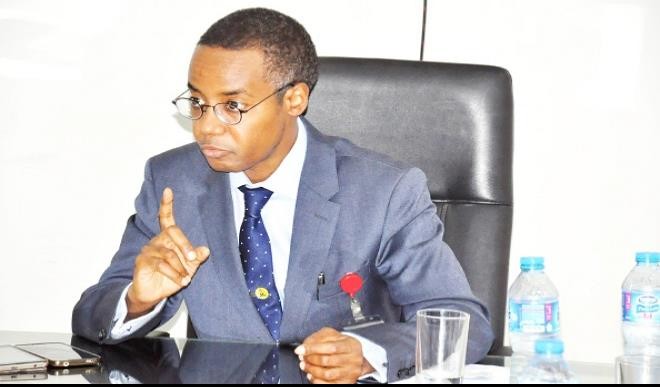The National Agency for the Control of AIDS (NACA) has decried the poor funding of HIV/AIDS response programmes by some state governments.
Sani Aliyu, the Director-General of the agency, in an interview with NAN, Monday in Abuja, reveals that about 10 states refused to allocate funds for the HIV response programme in their 2016 budgets.

The director-general who refused to mention the faulted states, however, described the act as “a sad development,” noting that a particular state in the last 10 years has not released any money for HIV response programme.
According to NAN, he also decried the development that the entire HIV cohort in some states was being treated by the international funding outside what the Federal Government was doing.
Aliyu said “this cannot be a sustainable solution because no programme on earth is open-ended, eventually, those donors will develop fatigue,”
HIV epidemic, according to the DG could be controlled by increase investment, adding that NACA was increasing advocacy to the state governors on the need to investment more in HIV/AIDS response initiatives.
The agency increased the capacity of state agencies for the control of AIDS to enable them negotiate effectively with the state governments on budget planning, he said, as more than 70 percent of the entire HIV/AIDS national response was driven by the international agencies.
“Nigeria has little above three million people living with HIV/AIDS with one million people on treatment.
“Out of the one million people on treatment, only 60,000 people living with HIV/AIDS are supported by the Federal Government.
“In 2016, almost 99 per cent of the entire commodities were brought in by the international donor agencies, the government had contributed just one per cent.
“We cannot continue to have this huge dependency for a health problem that is affecting Nigerians,” he said.







